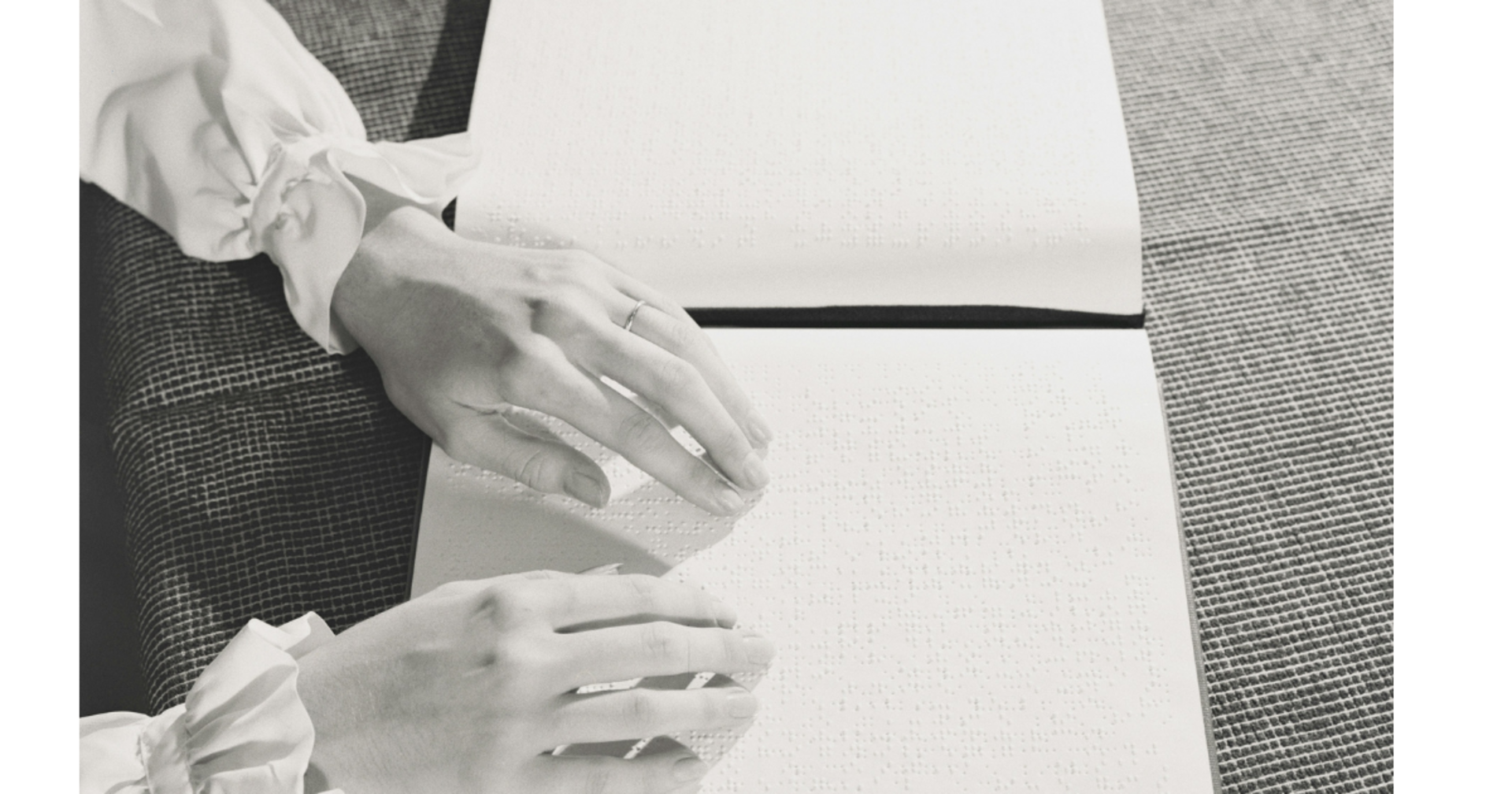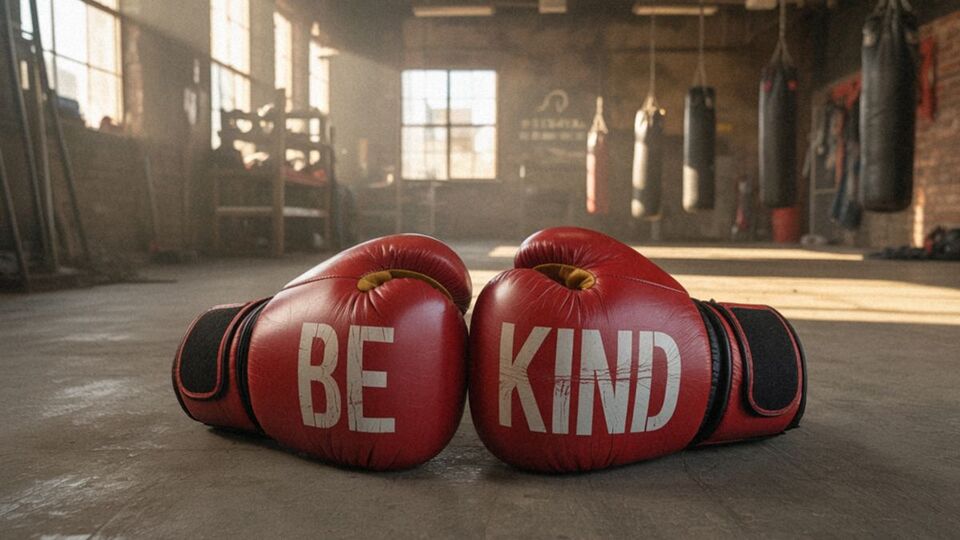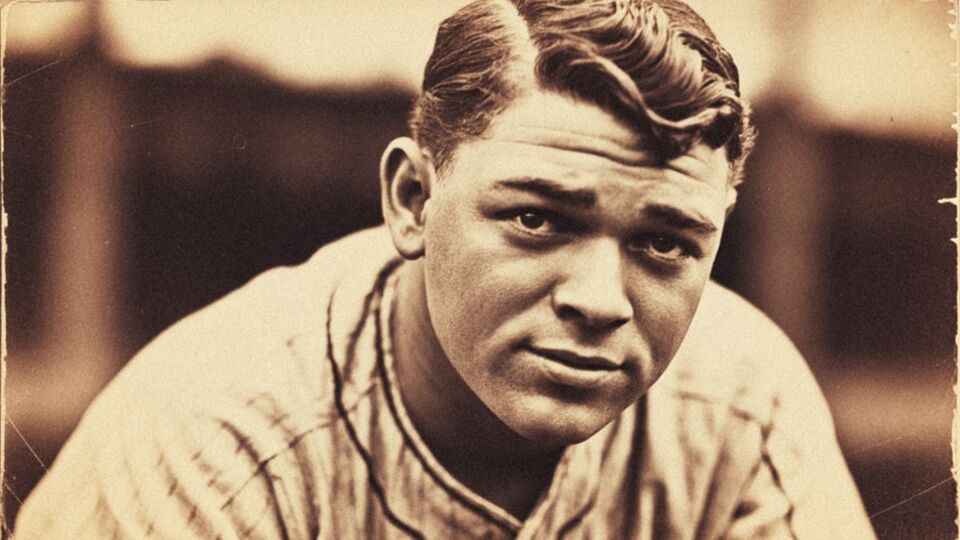
The Feel of Language
Louis Braille invented a language you can touch. When the son of a saddlemaker created a tactile way for blind people to read, he opened up a whole new world for millions of people, turning the page on the Dark Ages.
September 16, 2025 by The Foundation For a Better Life
With the revolution of printing presses and their ability to mass produce books, newspapers and religious texts, civilization blossomed into an age of enlightenment.
Books and libraries, formerly well-protected for royalty and hidden away in monasteries, quickly became available. Education expanded, and whole societies benefited. In the mid-15th century, Bibles, pamphlets and almanacs were seen on the oaken tables of merchants, artisans and, eventually, the common people.
Reading is the key that unlocks an unlimited world of thought. How to reason, negotiate, worship, dream, relax, travel … it can all be found in a book. Having access to that knowledge is one of the greatest gifts of humankind — if you can read.
But in the early 1800s, smallpox, measles, lead and alcohol poisoning, injuries and birth defects left 1% of the population unable to see. Without the ability to read, these individuals could not attend school. Their lives were severely limited. Many were mocked and openly discriminated against.
This is the world Louis Braille was born into. But he wasn’t born blind. He spent his early childhood on the family property east of Paris, France. The family business was making saddles, and Louis was free to romp in the vineyard and climb on workbenches, following his curiosity.
His parents were big believers in literacy, but Louis was only 3 years old. His time would come. So, for the time being, he was free to roam about. Then, one day, while no one was looking, he climbed up on a workbench, took up a sharp tool and mimicked the motions of his father. The tool slipped in his small hands and pierced Louis’ eye. Infection not only set in, but it also moved to the other eye, leaving the toddler blind.
Nevertheless, the parents were determined to teach their son how to read. They pounded saddle nails into a board in the shape of letters and began to teach him the alphabet. He learned quickly. At age 10, he was enrolled in the Royal Institute for Blind Youth, its youngest student ever.
Although the school was dank and run-down, Louis Braille thrived. He made friends easily and was very loyal to them. He worked hard at his studies, which required reading raised letters with his fingertips, a tedious and exhausting exercise. His teachers noted his high intellect and a certain spiritual quality.
The breakthrough came when young Louis was introduced to a sonographic language used in the darkness, employing sounds like dots and dashes as an audio code for soldiers who needed to secretly communicate. It was clunky but provided a spark of inspiration for Louis Braille. Over the next four years, he perfected his system: six cells of dots arranged in two columns and three rows. Each combination of dots represented a letter in the alphabet.
The system was simple and elegant, and by the time he was 19, Braille was a teacher at the institute where he had been a student. From there, with the help of a clever friend who devised a machine to emboss the alphabet named after him onto sheets of paper, he wrote home to his mother.
Like those blind people who existed before Louis Braille invented his writing system, we can only imagine how wonderful those letters must have been — but no doubt, they meant the world to his mother, just as his alphabet has meant so much to the rest of the world.
Touching words. PassItOn.com.



